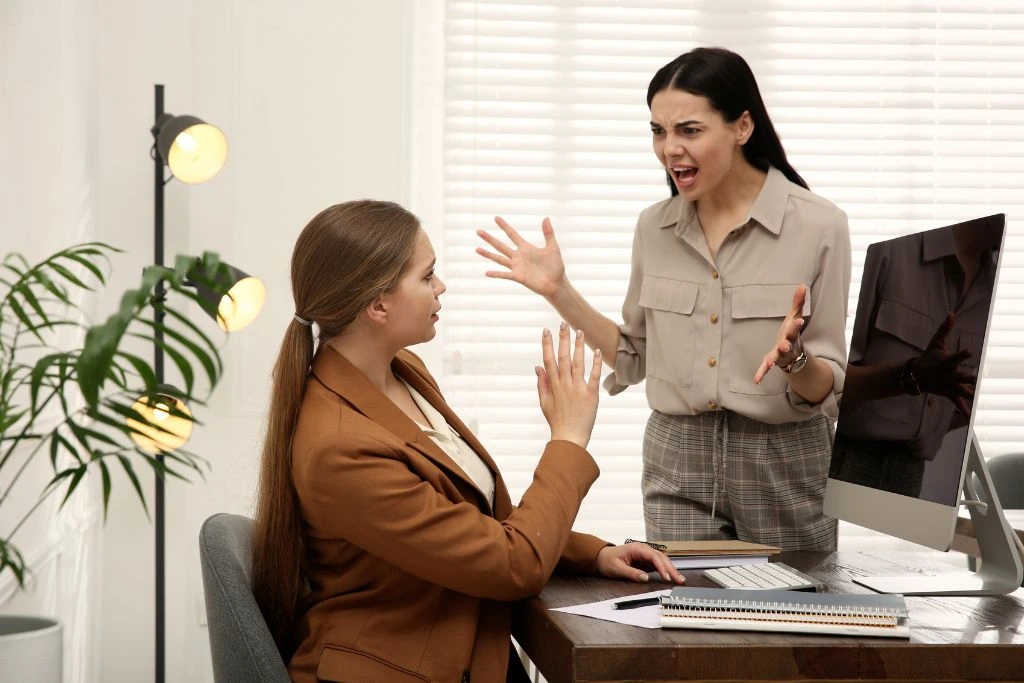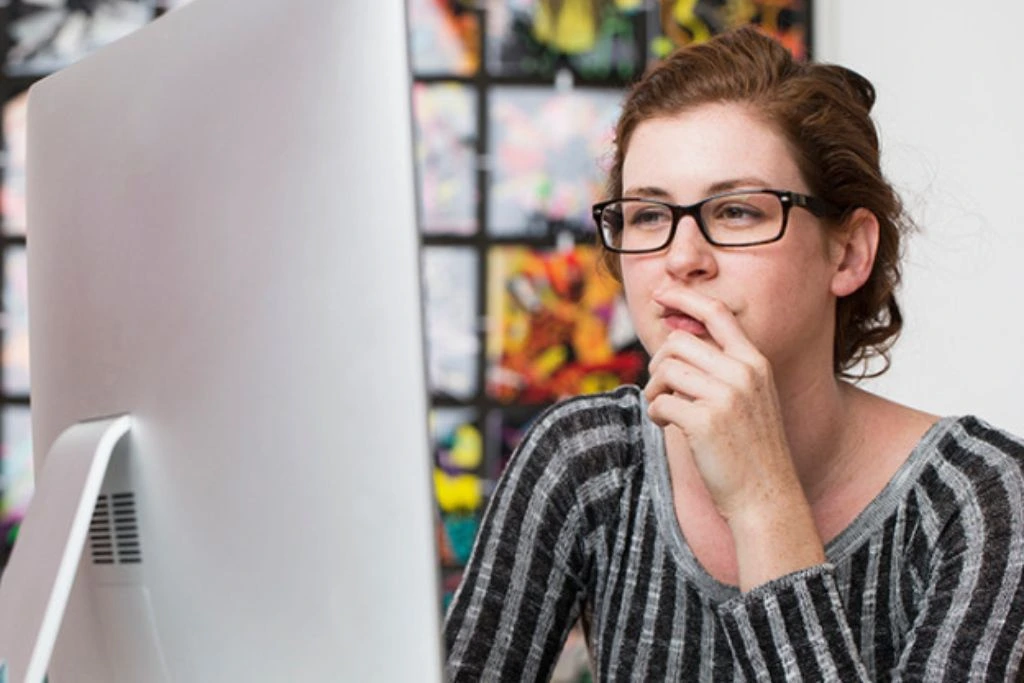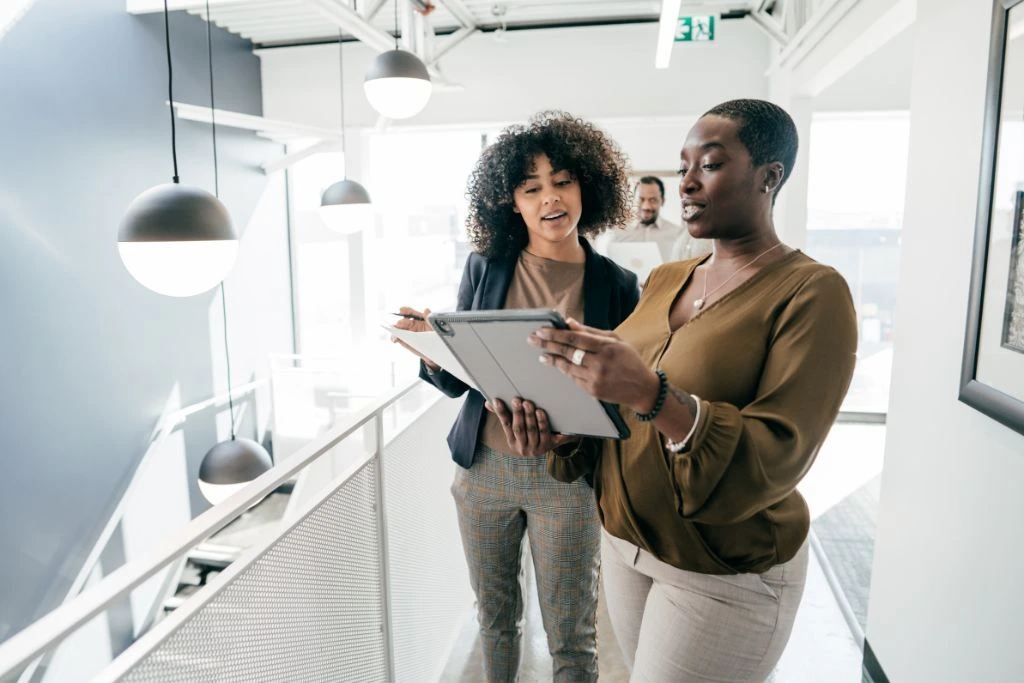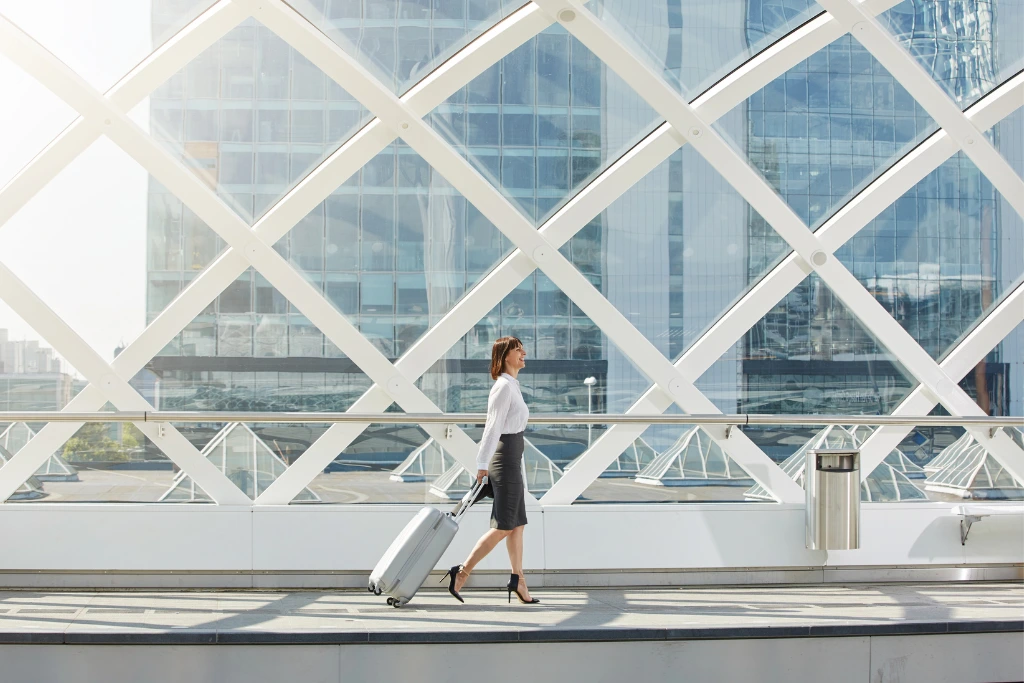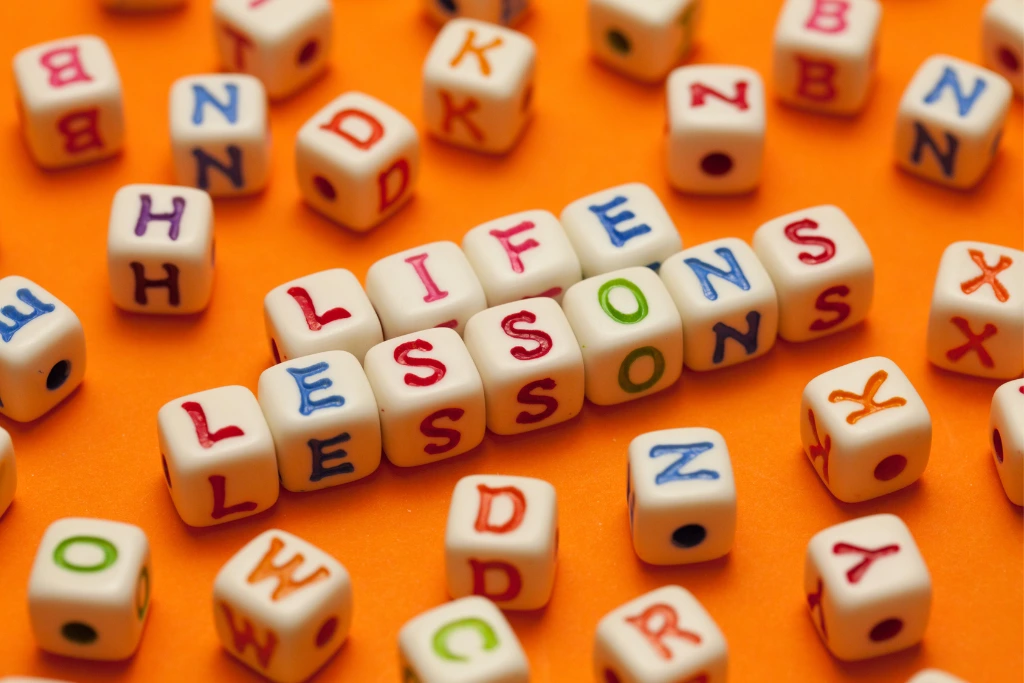
American Muslims have faced discrimination for years, but the last year has been especially difficult. A recent New York Times article showed a pattern of vandalism, threats, and hate crimes against American Muslims in the months since the San Bernardino attack. In 2015, a Gallup report found that 43 percent of Americans have some degree of prejudice against Muslims. This was exacerbated by Donald Trump’s rhetoric following the terrorist attacks in Orlando and Paris, which gave a national platform to hatred.
There is widespread anti-Muslim bias, and it extends to the workplace. Ehsan Islam, president of the Muslim Association of Virginia, believes that this prejudice likely has a bigger impact on Muslim women who wear a hijab or other head covering.
We interviewed five female American Muslims about their various work experiences in different parts of the nation. The following five people have experienced Muslim job discrimination or prejudice at their workplace, some more subtly than others. Out of fear of retaliation from those they work with, they have all asked to remain anonymous.
Lian, Registered Nurse, New Jersey
Being the only Muslim in my workplace, I’m sometimes more of an educator about Islam than anything else. Some colleagues have asked me directly, while others make negative comments behind my back. Here are some examples:
- One break time, I announced to the others in the chapel that I was leaving and went on my way. When I returned to my desk, a visibly upset coworker told me that while I was gone another coworker said, “Allah is not God.” Since then, I have kept my faith to myself.
- After I say my morning prayers, a coworker always immediately starts singing Christian songs as soon as I go back into the room.
- The father of one of my patients requested that I not take care of his infant or be in the room she shared with other patients. The management conceded to his requests.
- Since 9/11, a colleague has said she won’t recognize Ramadan for me as it was the day of the attacks.
- A coworker asked me, in front of everyone, if President Obama was a Muslim.
People are scared because they lack knowledge. I believe that the current election cycle has brought out long-term offensive thoughts by allowing fear to surface. I’m frequently told by my coworkers that I am the first female Muslim they have ever met.
My management has been mostly supportive and welcoming, but they avoid conversations about Muslims post-9/11. They’ve asked me to remain quiet on the matter. I often feel that Islamophobia is common, especially because it is mentioned in the news so frequently.
Sara, Engineer, Illinois
I am not sure if I have experienced Islamophobia in my workplace, but sexism is rampant and easy to identify. Engineering is a prime example of a male-dominated industry where women still struggle to be heard. I was overlooked for advancement opportunities and promotions, and my colleagues would barely look at me or speak to me during work meetings. I once had a subordinate who refused to listen to me but would do the task if I found a white male to tell him.
What I initially assumed was sexism could also have been racism or Islamophobia. It is difficult to understand why you are treated differently sometimes as a woman and/or minority who wears the hijab. Why do you sometimes get dirty looks from strangers in restaurants, or why are our customer service reps ruder to Muslim females than others?
Islamophobia is a huge problem in America that has only gotten worse in recent years. Every time I see a fearmonger on the news, I feel less safe walking around my neighborhood.
Fatima, Dental Office Manager, New York
I am employed as a dental hygienist and have, on more than one occasion, experienced Islamophobia from patients who are new to our practice. Islamophobia is often at its worst in the workplace, immediately after a terrorist attack. For example, last year a new patient refused to be seen by a Muslim culture woman doctor following the San Bernardino attacks.
I’ve been with this company for 12 years now, and I think that once people get to know you as an individual, rather than placing certain assumptions about you based on your race or gender, they’re more willing to let those stereotypes go. Though I am well-known by both patients and colleagues, I anticipate challenges if I were to switch clinics. This is due in part to the stereotyping of healthcare workers that exist in the media.
In my opinion, Islamophobia exists more in locations such as public spaces, social media platforms, malls, cafes, and parking lots than in workplaces. People can remain anonymous in those places and therefore don’t have to take responsibility for their actions. This also means that Muslim females don’t get the opportunity to help address people’s concerns or fears.
Samaira, Teacher, Wisconsin
When I experienced Islamophobia at work, it took me by surprise because it came from an unlikely source. As a teacher, I try to build positive relationships with all of my students, so I sat down with one of them who was having some behavioral issues. I allowed the conversation to flow freely when he asked me, “Are you ISIS? Are your friends ISIS?” I wasn’t expecting these questions and felt caught off guard. I didn’t receive any training on how to handle this type of conversation during my years as a teacher preparation student.
Wearing a scarf on my head made it apparent to everyone that I follow Islam. For those who don’t know much about the religion, this might have been alarming. I explained to the boy that not all Muslims are associated with ISIS and that most of my friends who practice Islam are kind and non-violent. At the end of our conversation, the boy and I hugged each other. He didn’t know about Islam at all, but I don’t fault him for that. In fact, we had more pleasant interactions after that initial meeting. This incident showed me clearly that the lack of education about Islam is what truly causes Islamophobia.
Ayesha, Adjunct Professor, Illinois
I rarely experience Islamophobia in my workplace, which is a large Midwestern public educational institution. The college’s display of diversity based on the faculty, staff, and student body filters out discrimination to some degree. Due to my background as a hijabi Muslim woman, I have received some negative feedback from students about my qualifications or authority in the classroom. However, this may be due to my status as a woman or a Muslim, or both factors combined. Although I have experienced Islamophobia in my workplace occasionally, for the most part, I feel accepted by my coworkers.
Consequently, Islamophobia is a significant issue in many American workplaces. One would anticipate that the prevalence of Islamophobia would be especially severe in less diverse environments. When the workplace accommodates and acknowledges different groups of people, employees feel respected. Consequently, they are more likely to produce high-quality work. Workplaces that permit discrimination set a dangerous precedent that unfortunately trickles down into families, communities, and larger societies.

